General Bajwa urges India, Pakistan to ‘bury the past and move forward’
Weeks after Pakistan and its arch-rival India agreed to strictly observe a ceasefire along the de facto border in Kashmir, Pakistan's Chief of Army Staff General Qamar Javed Bajwa has called on both sides to "bury the past" and move towards cooperation.
"We feel it is time to bury the past and move forward,” Bajwa said in a speech at a conference in Islamabad on Thursday.
“But...our neighbor (India) will have to create a conducive environment, particularly in Indian-occupied Kashmir," he added.
Bajwa said the economic potential of South and Central Asia had "forever remained hostage" to the India-Pakistan disputes.
Pakistan's powerful army has ruled the country for nearly half of its 73-year existence, and the military has long controlled foreign and security policies.
The lastest overture by the Pakistani military chief towards New Delhi follows an unexpected joint ceasefire announcement last month between the two countries' militaries.
They released a rare joint statement on Feb. 25 announcing a ceasefire along the disputed border in Kashmir, having exchanged fire hundreds of times in recent months.
India and Pakistan have accused each other of being responsible for ceasefire violations. The two sides regularly exchange fire along the ceasefire line known as the Line of Control (LoC) that has separated the two countries for decades.
A disputed territory, Kashmir has been split between India and Pakistan since their acrimonious partition in 1947. The countries have fought two wars over the region since then.
Back in August 2019, Indian Prime Minister Narendra Modi revoked the limited autonomy of the Muslim-majority region, followed by the imposition of harsh movement restrictions and mass arrests by Indian authorities in the area.
Premier Modi’s Hindu nationalist government promised the move would bring peace and prosperity to Kashmir. Pakistan, however, maintains that the move is a violation of the rights of the Kashmiri people.
India alleges that Pakistani troops often open fire to help militants slip into the Indian side of Kashmir to join a decades-long revolt in the Muslim-majority region.
Pakistan insists that it only offers moral and diplomatic support to the Kashmiri people struggling for self-determination and independence.
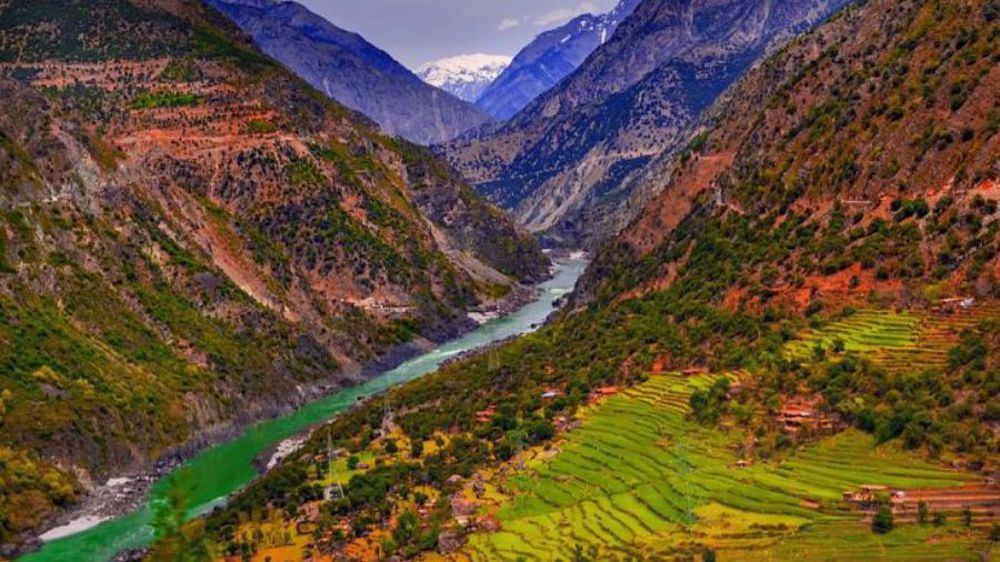
India suspends water treaty with Pakistan after terror attack
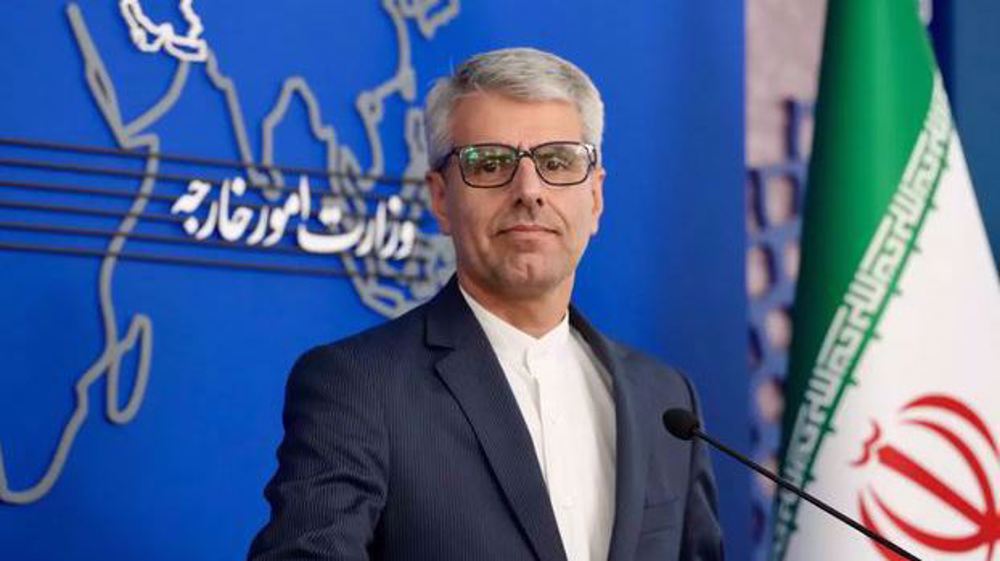
Iran condemns terror attack in southeast that killed 8 Pakistani nationals
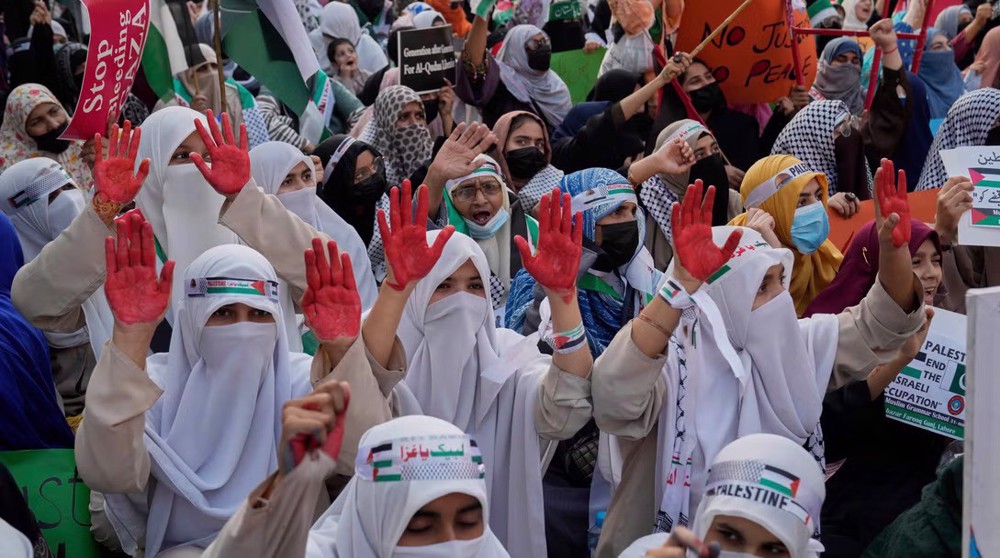
Thousands of Pakistanis rally to censure Israeli crimes in Gaza
VIDEO | US pro-Palestinian campus protest
VIDEO | Palestinian civil defense rejects Israel’s probe and exposes the crime
India downgrades ties with Pakistan after deadly Kashmir attack
Iran’s steel output up 3.7% y/y to 3.3 million mt in March
There is good chance that US and Iran can reach an agreement: Veteran diplomat
VIDEO | Yemen faces environmental crisis due to oil spill caused by US strike
Israeli forces murder minor, critically injure young Palestinian during West Bank raids
Yemen's president orders nationwide ban on all US products


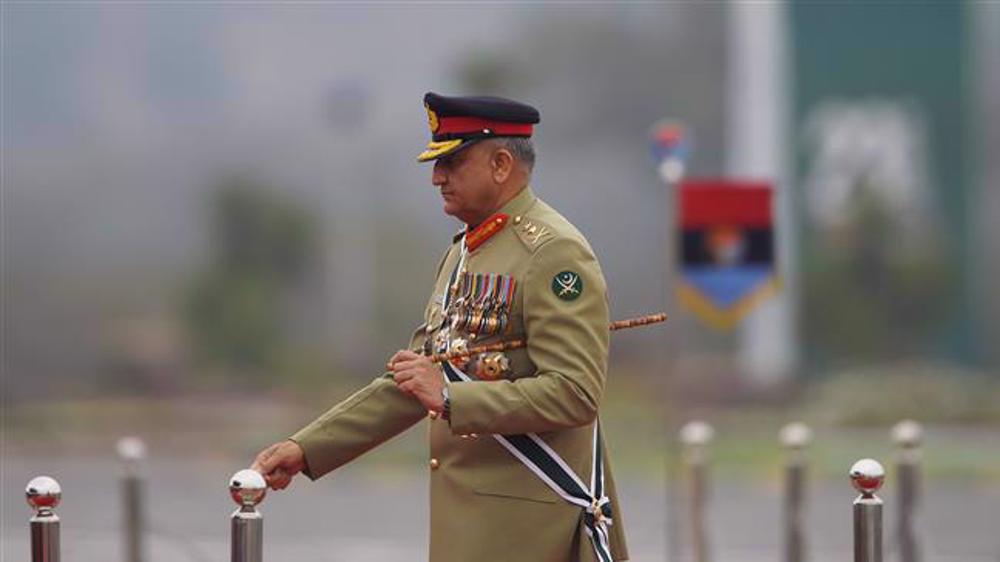



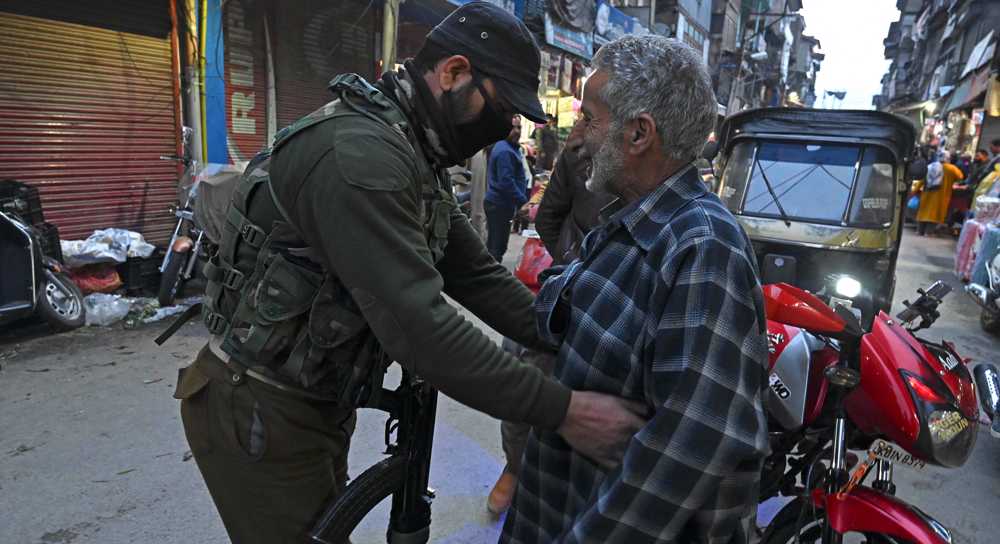

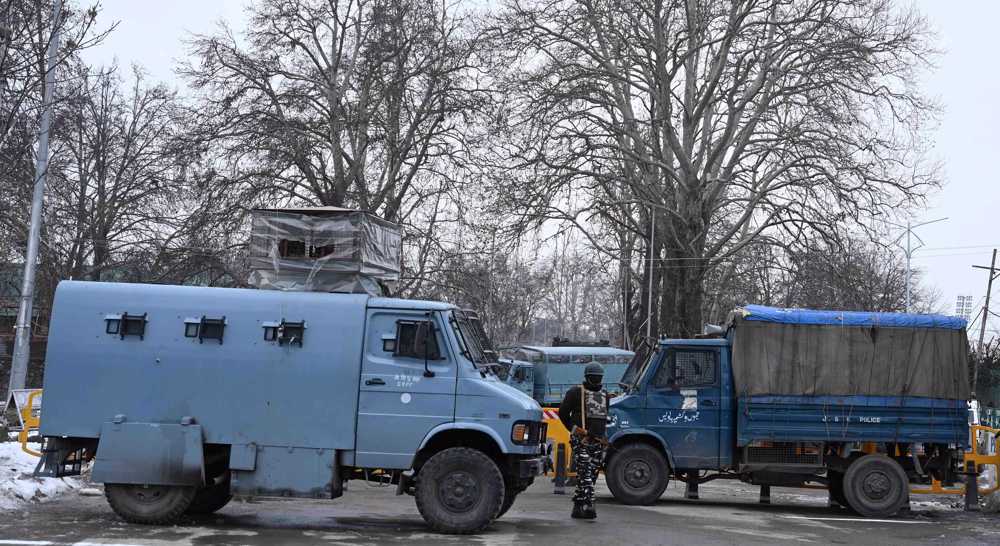


 This makes it easy to access the Press TV website
This makes it easy to access the Press TV website